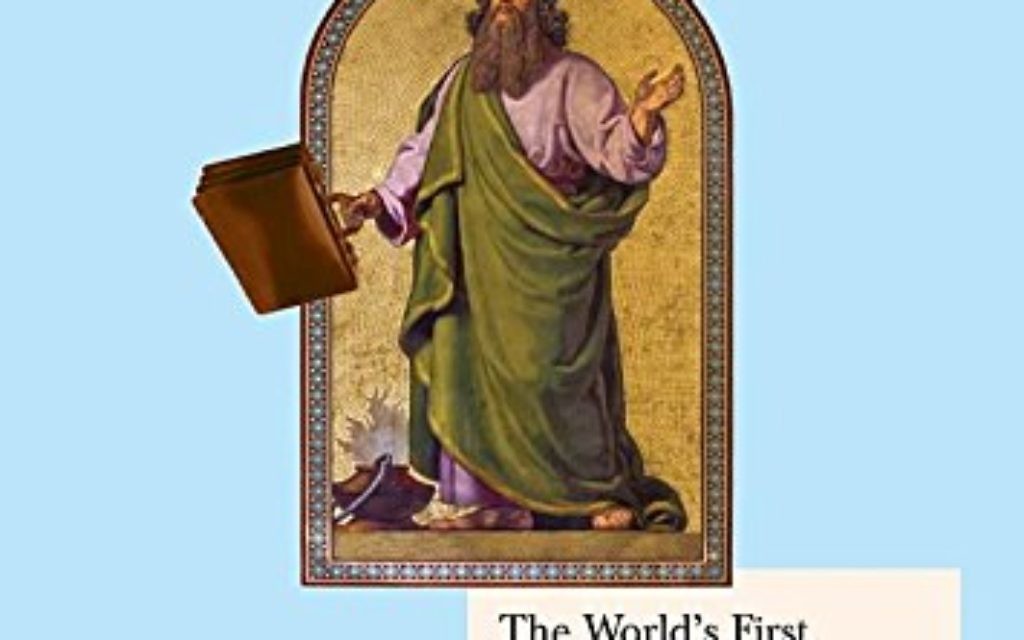Book Festival: Abraham the Founding Partner
Alan Dershowitz takes on a topic at the core of his own identity, Jewish lawyers, in the book he’ll be discussing Saturday night, Nov. 21, at the Book Festival of the Jewish Community Center.
Dershowitz, known as a defender of the accused in court cases and of Israel in the court of public opinion, plays prosecutor, defense attorney and judge in writing “Abraham: The World’s First (But Certainly Not Last) Jewish Lawyer.”
This entry in the invaluable Jewish Encounters book series is a biography in the sense that Dershowitz recounts several key moments when Abraham acts as a lawyer, from his childhood destruction of most of the idols for sale in his father’s shop to his insistence on paying for the real estate and covering all other contractual details in obtaining a burial cave for Sarah. But the point is how Abraham sets the example for future Jewish lawyers as numerous as the stars in the sky.
Get The AJT Newsletter by email and never miss our top stories Free Sign Up
Some of those examples are positive. Dershowitz praises the idealism, negotiating skills and fearlessness of the Abraham who challenges G-d’s plans at Sodom and Gomorrah, just as Dershowitz appreciates the thoroughness of Abraham the real estate lawyer.
But “Abraham” is warts-and-all legal analysis. Dershowitz criticizes the attorney Abraham who twice justifies pretending that Sarah is his sister and all but pimps her out to royalty, and he finds the worst example of a lawyer who goes along with corrupt authority in the Abraham who agrees without complaint to sacrifice Isaac.
Dershowitz doesn’t offer any new insight into the Akedah or Abraham’s inconsistent behavior through the years, and he spends only 55 pages recounting the patriarch’s life. The first section of “Abraham” is merely prelude for the stronger second part, in which Dershowitz surveys some of the dramatic trials of Jews through history, from Jesus to Alfred Dreyfus to Leo Frank to Anatoly Sharansky, and grapples with the issue of why Jews are so often the victims of the justice system and so often drawn to the legal profession.
Again, Dershowitz isn’t breaking new ground, and his reliance on secondary sources for historical examples leads to the repetition of some minor errors (the Anti-Defamation League did not form in response to the Frank trial, for example, although it gained prominence and permanence through its fight for the doomed Atlanta factory superintendent).
But the Harvard professor is a skillful, fluid writer who entertains and informs when he weaves together the threads of legal history. Some of the most interesting tidbits are hidden in the endnotes, which take up a third of the book. It’s worth flipping back and forth to follow Dershowitz’s tangential discussions.
He is most effective in his closing argument when he discusses specific Jews who have followed the various lawyerly examples set by Abraham. Pay particular attention to Dershowitz’s assessments of Jewish Supreme Court justices.
“Abraham” shows Dershowitz’s courtroom-learned appreciation for making arguments that are concise to avoid losing his audience. You won’t need to spend much time deliberating to reach a verdict in the author’s favor.






comments